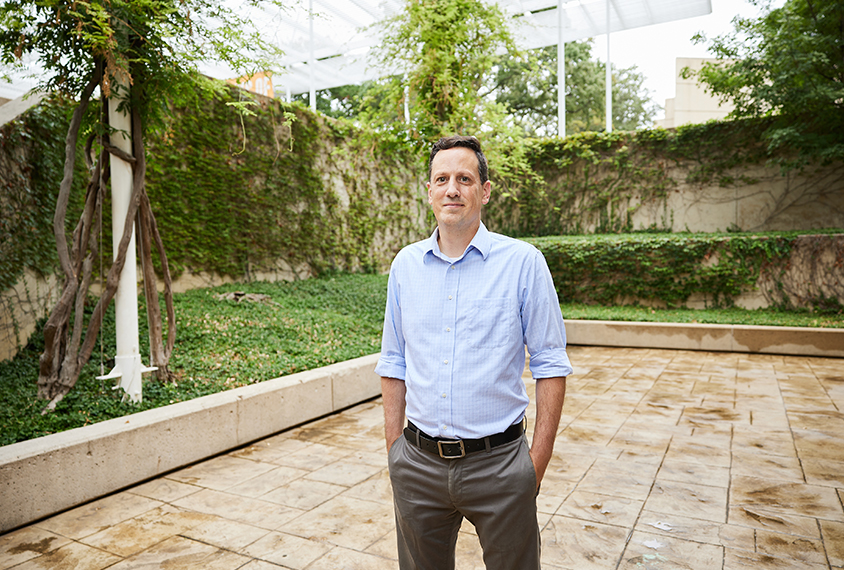Autistic researchers
Recent articles
Year in Review: Spectrum’s best in 2023
Here are five must-reads from our coverage of autism research over the past 12 months.

Year in Review: Spectrum’s best in 2023
Here are five must-reads from our coverage of autism research over the past 12 months.
Autism in Adulthood gets its first impact factor
The 4-year-old journal focuses on research that aims to improve the lives of autistic adults.

Autism in Adulthood gets its first impact factor
The 4-year-old journal focuses on research that aims to improve the lives of autistic adults.
Weaponized heterogeneity only harms the most vulnerable autistic people
Focusing on aspects of autistic experience that we all share may lead more quickly to our shared goal of improved outcomes for all autistic people.

Weaponized heterogeneity only harms the most vulnerable autistic people
Focusing on aspects of autistic experience that we all share may lead more quickly to our shared goal of improved outcomes for all autistic people.
Broadening the autism spectrum: Q&A with Oluwatobi Abubakare
Too often, people outside the margins of what’s considered classic autism are left out of research agendas, Abubakare says.

Broadening the autism spectrum: Q&A with Oluwatobi Abubakare
Too often, people outside the margins of what’s considered classic autism are left out of research agendas, Abubakare says.
Noah Sasson: Connecting with the autistic community
Intentional interactions with autistic people led Sasson to refocus his research.

Noah Sasson: Connecting with the autistic community
Intentional interactions with autistic people led Sasson to refocus his research.
Explore more from The Transmitter
New autism committee positions itself as science-backed alternative to government group
The Independent Autism Coordinating Committee plans to meet at the same time as the U.S. federal Interagency Autism Coordinating Committee later this month—and offer its own research agenda.

New autism committee positions itself as science-backed alternative to government group
The Independent Autism Coordinating Committee plans to meet at the same time as the U.S. federal Interagency Autism Coordinating Committee later this month—and offer its own research agenda.
Two neurobiologists win 2026 Brain Prize for discovering mechanics of touch
Research by Patrik Ernfors and David Ginty has delineated the diverse cell types of the somatosensory system and revealed how they detect and discriminate among different types of tactile information.

Two neurobiologists win 2026 Brain Prize for discovering mechanics of touch
Research by Patrik Ernfors and David Ginty has delineated the diverse cell types of the somatosensory system and revealed how they detect and discriminate among different types of tactile information.
Shifting neural code powers speech comprehension
Dynamic coding helps explain how the brain processes multiple features of speech—from the smallest units of sounds to full sentences—simultaneously.

Shifting neural code powers speech comprehension
Dynamic coding helps explain how the brain processes multiple features of speech—from the smallest units of sounds to full sentences—simultaneously.